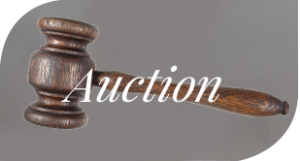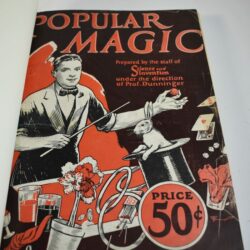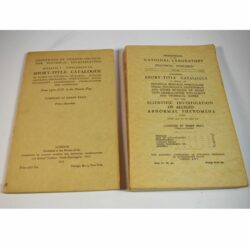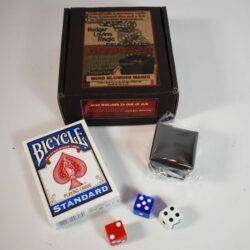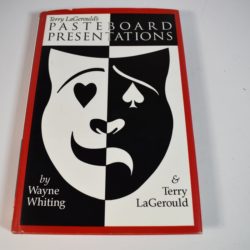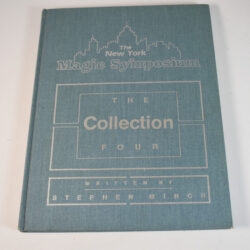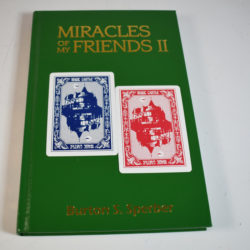“If you collect magic for an investment, you’re doing it for the wrong reason”. “I never collect for an investment, I just collect what I like.” “Never collect magic for an investment”.
You have heard all of those at some point in your life if you are a collector of antique magic. Here is my answer to those three statements: 1. Only if you’re no good at it. 2. The two 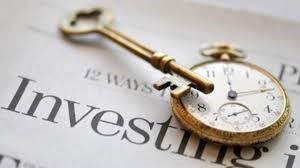 are not mutually exclusive.3. Hogwash.
are not mutually exclusive.3. Hogwash.
OK, before you get up in arms, hear me out please. I contend that every time you decide to purchase a collectible you are making an investment decision. If you plop down your money you feel what you are investing in is certainly worth what you are paying for it and there is some hope that this thing just may be worth more to someone else than to you in the future. Magic Collecting is special like art or many other collectibles in that it is an item that is long term and will typically out live us. At some point it is going to be disposed of back into the collecting world or thrown out with the trash if its value was never emphasized by the owner to his heirs.
I believe that almost all Magic Collectors (or collectors of any long-term item) are investing in their collections whether than want to admit it or not. In fact, I feel it is a mistake not to consider your next collectible purchase as in investment and as such plan for its future disposition. It may be traded, or sold along the way or end up in your final estate. In any event, it has value and should be treated as such.
To be clear I am not talking about props you are buying to perform, that is not a collectible although it can become that over time. What I am talking about is that prop, poster or letter you are buying to display or to tuck under your bed. That which you wish to own for no other reason than its intrinsic value (in other words it has no other purpose than to be called a collectible).
What do collectors talk about just after an auction? How much everything sold for is the answer. What was a good buy and what was a bad buy? How posters are coming back in price and how Houdini Collectibles are always off the chart. Does this sound like a bunch of people who are not considering magic as an investment?
When George Daily and Mike Caveney purchased Egyptian Hall do you think they thought of it as an investment? OK, that is an extreme example as those two had more “kahunas” than most but I know they thought of it as an investment. They had to!
Early on I decided my wonderful hobby of magic collecting would be part of my long-term wealth plan.
I could not look at it any other way for if I did every dollar I spent on my collection would be considered an extravagance and my collection would have not blossomed as it did. Oh, I also invested in the market and other forms of traditional investing but I did not enjoy that as much as being able to hold my investment in my hands and show it off to friends and fellow collectors. Later in this three-part series I will get to the “how to” in magic investment. It is not easy so we will discuss points to consider. Going out and buying a bunch of stuff is not wisely investing in magic. Like any investment, it takes experience and strategy. You also screw up occasionally!
“I collect what I like”. Of course, you do. I never bought one thing in magic that I did not like. I didn’t say the only reason for buying magic is investing. You should buy what you like, but you should also think about its potential value going forward. Just make the wise purchase. If you just must have something because you want it, understand that and its future financial implications.
Investment may not be your primary reason for purchasing collectible magic. If you’re like me a new collectible brings joy into my life as it enhances my collection. I believe however, that investing should be a consideration as it can lead this wonderful hobby to be beneficial in a significant way other than just the joy of collecting and the pride of ownership!
In part two we will discuss why many who read Part 1 will say it is baloney and completely disagree (and of course they could be right)!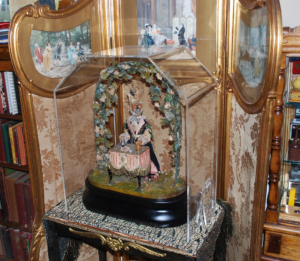
In part three we will discuss some strategies to implement to become a focused investor of magic (hint: to maximize your investment you must be able to gain some value by selling when the time is right!)

